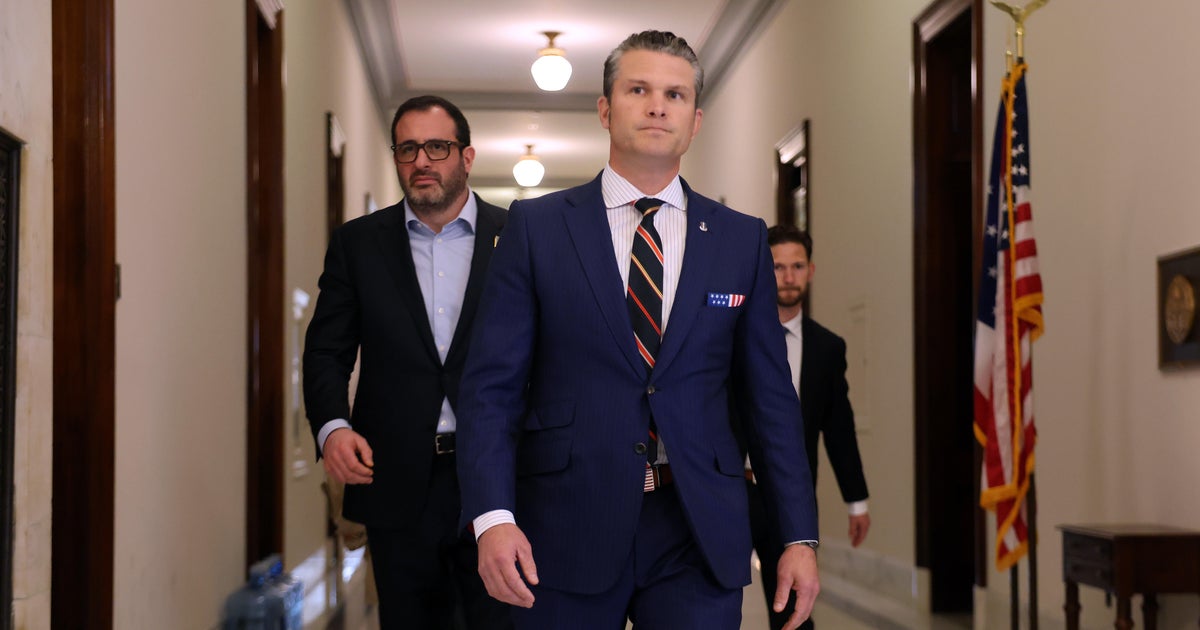As Biden Taps War Powers On Formula Shortage, Congress Takes Baby Steps

Shortly after President Joe Biden announced he would use war powers to rush baby formula to store shelves, the House of Representatives voted on bills that would have little impact on the crisis.
Under one of the bills that Democrats pushed through the House of Representatives on Wednesday evening with help from 12 Republicans, the Food and Drug Administration would get $28 million to expand commercial baby formula supplies.
The House passed another bill on a broader bipartisan basis that would simply codify steps already taken by the U.S. Department of Agriculture to make sure low-income mothers could use special food vouchers on any type of formula available in stores, instead of the usual single brand allowed by the program.
It’s not clear if either bill can make it to Biden’s desk. Senate Majority Leader Chuck Schumer (D-N.Y.) said he would ask for unanimous consent to approve the bills, meaning any senator could block the legislation.
“We hope no one will block it,” Schumer said.
Meanwhile, Biden’s invocation of the Defense Production Act of 1950 could speed supplies to domestic formula manufacturers and bring home finished formula products from abroad.
“I’ve directed the Department of Defense and the Department of Health and Human Services to send aircraft planes overseas to pick up infant formula that meets U.S. health and safety standards so we can get it on the store shelves faster,” Biden said in a video message.
It’s one of Biden’s most decisive actions as president, and a sharp contrast to last week, when the White House suggested the formula shortage was entirely the Food and Drug Administration’s problem.
The White House did not say however, how soon the shortage could improve. Out-of-stock rates for formula have exceeded 40%, according to Datasembly.
The formula shortage was greatly exacerbated by Abbott Nutrition’s shutdown of its plant in Sturgis, Michigan, where FDA inspectors found unsanitary conditions and a history of maintenance problems while investigating rare bacterial infections in four infants who had consumed Abbott’s formula.
Abbott is one of just four manufacturers that produce the vast majority of infant formula consumed in the U.S.
This week Abbott announced the plant would reopen under a consent decree with the FDA and the Justice Department that will require the company to bring in outside experts to make sure they manufacture formula according to the strictures of the Federal Food, Drug and Cosmetic Act, which the Justice Department accused the company of violating.
As for the legislation, Rep. Rosa DeLauro (D-Conn.) said the extra $28 million would boost FDA inspection staff and help “to prevent fraudulent products from entering the marketplace, to acquire better data of the situation in the marketplace and to fund the balance of FDA activities to prevent shortages from happening again.”
Maureen Tkacik, a senior fellow at the Economic Liberties Project, a think tank that opposes concentrated corporate power, questioned why Congress should have to pony up any funds for the FDA in the wake of severe violations by a massively profitable company.
“It boggles my mind that the FDA needs this emergency appropriation and they can’t just fine Abbott for that amount,” Tkacik said. “It is a $44 billion company that has spent $15 billion plus on stock buybacks and dividends over the past three and a half years.”
Dividends and stock repurchases enrich shareholders and are often criticized as a missed opportunity to invest in production, which would seem to be the case with Abbott. The FDA and the Justice Department said Abbott’s own records “documented a history of internal deterioration of the spray dryers” used to make powdered formula at its Michigan plant. FDA inspectors also found standing water and leaks throughout the facility.
Peter Pitts, a former FDA associate commissioner during the George W. Bush administration, scoffed at the idea of $28 million for the FDA alleviating the formula shortage.
“The FDA needs this money on a continuous budgeting basis to hire more inspectors to deal with more regular surprise inspections because the way that you eliminate shortages is to make sure that the manufacturing base can stay open, producing high quality products,” Pitts said.
Most Republicans opposed the $28 million, even though it’s a tiny sum in the grand scheme of the federal budget. They’ve said the FDA should have found the problem sooner and allowed Abbott to reopen the plant.
Rep. Andy Harris (R-Md.) called the Democrats’ bill “a bill that just continues the majority’s reckless spending spree without actually fixing the infant formula crisis this administration caused.”
Checkout latest world news below links :
World News || Latest News || U.S. News
Source link



